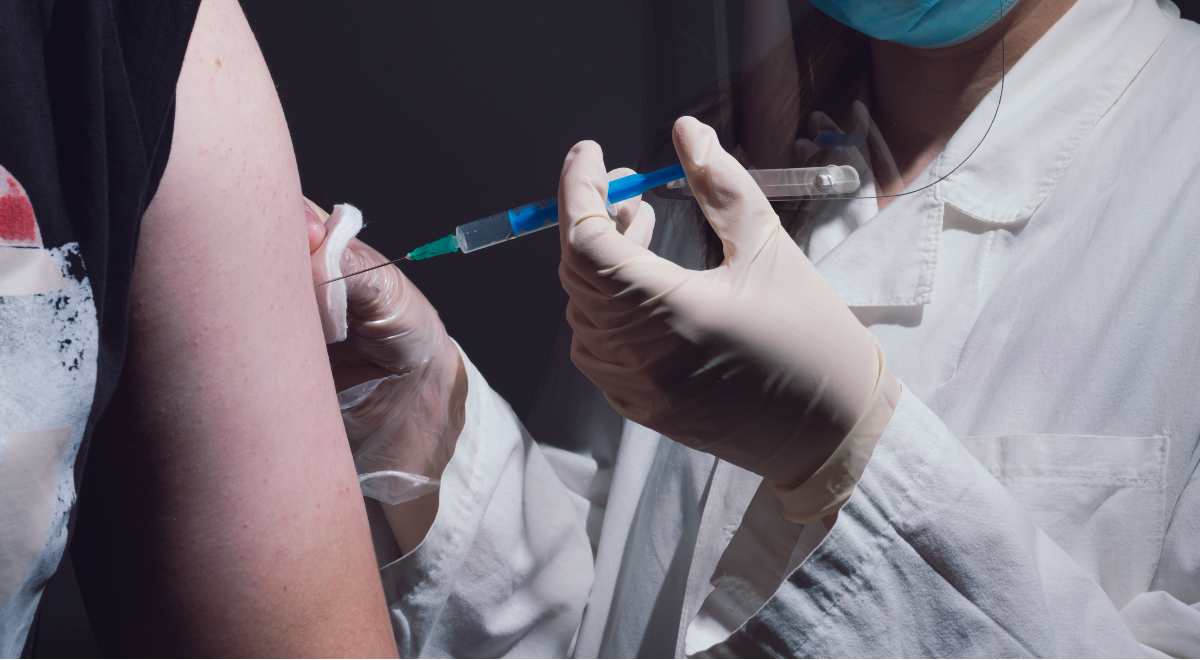Recent studies have shown that Moderna is the most effective of the three U.S.-approved coronavirus vaccines. However, experts point out some limitations of their analysis.
The US Centers for Disease Control and Prevention (CDC) released their findings based on a national study of over 3,600 adults hospitalized for Covid-19 between March and August. The analysis showed that Moderna was 93% effective and Pfizer’s vaccine was 88% effective. hospitalization protection, and Johnson & Johnson 71 percent.
The study included adults without immune compromise.
“Significant protection against hospitalization”
They were announced by a panel of experts in a weekly CDC report. The experts conclude that while the data show some differences in vaccine efficacy levels, all vaccines approved in America provide significant protection from hospitalization for COVID-19.
“The researchers found that the biggest difference between the vaccine created by Moderna and the vaccine from Pfizer / BioNtech was due to a decrease in immunity about four months after the second dose of the Pfizer vaccine,” reports CNN.
He adds, citing a team of researchers, the disparity could also be related to higher mRNA in the Moderna vaccine, time differences between doses (3 weeks for Pfizer-BioNTech and 4 weeks for Moderna), or possible differences between vaccine groups. people who received a vaccine that was not included in the analysis.
Other “doses and formulas”
“The Pfizer-BioNTech vaccine was 91 percent effective 14–120 days after the second dose, but dropped significantly (to 77 percent) after more than 120 days,” the team said.
CNN explains that vaccines from Pfizer and Moderna use genetic material called messenger RNA to provide immunity. However, they use different dosages and slightly different formulas. The Janssen vaccine, owned by Johnson & Johnson, uses an inactivated cold virus called adenovirus to transmit genetic instructions into the body.
The researchers also admit that their analysis had some limitations.
“It did not include children, immunocompromised adults, or the effectiveness of the COVID-19 vaccine in cases where there was no hospitalization,” the team said. In addition, the volunteers were monitored for only 29 weeks.

